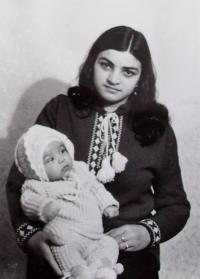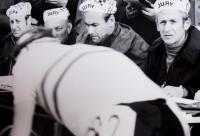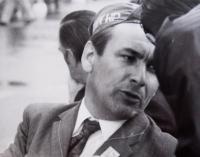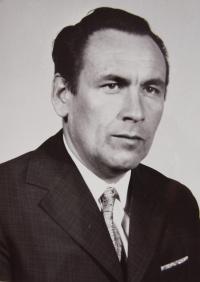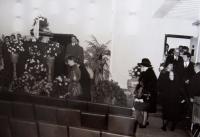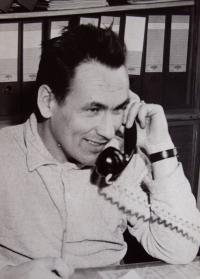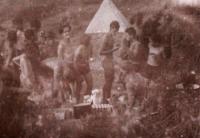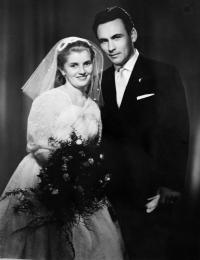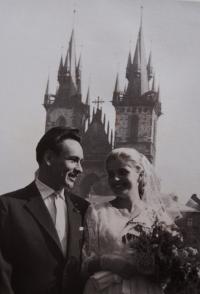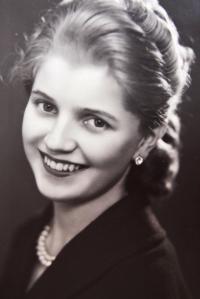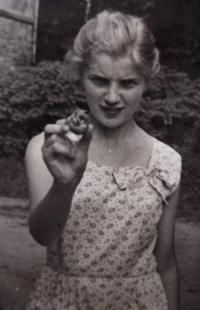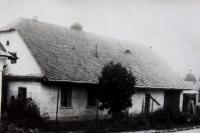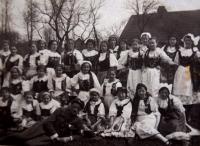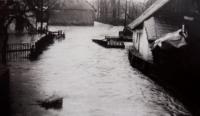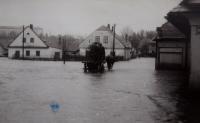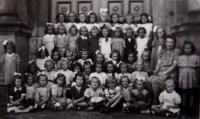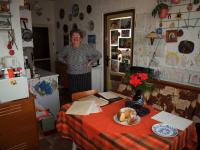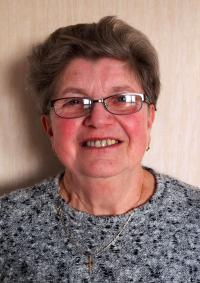I believe once I shall learn the truth

Download image
Anna Marešová, née Kumpoštová, was born on 30 March 1940 in Rychnov nad Kněžnou to Emilie and František Kumpoštový. In 1951 her father tragically died. She created a very strong relation with her mother and they lived together all their life. In 1958 she graduated at the industry school and the next year married Milan Mareš, with whom she had two children. Due to agitation of Škoda Rotava they moved to Rotava in 1963 and both began working in a factory. The husband of a witness held high positions in economic department and tragically died in 1973 in unexplained circumstances. The witness devoted herself to intense gathering intelligence regarding her husband´s death, which marked all her life. She remained loyal to Škoda Rotava until retirement. She still lives in Rotava.
